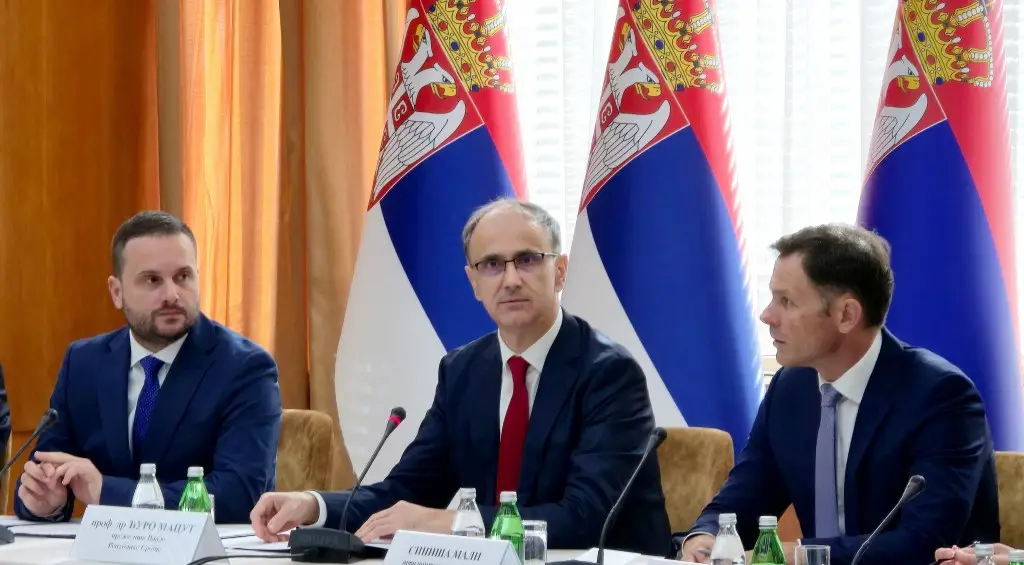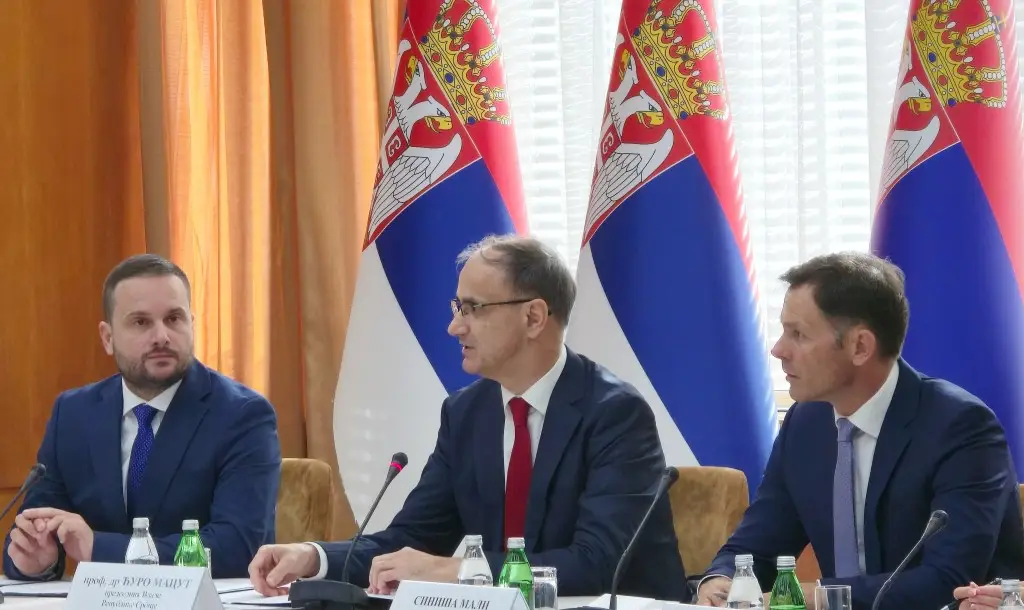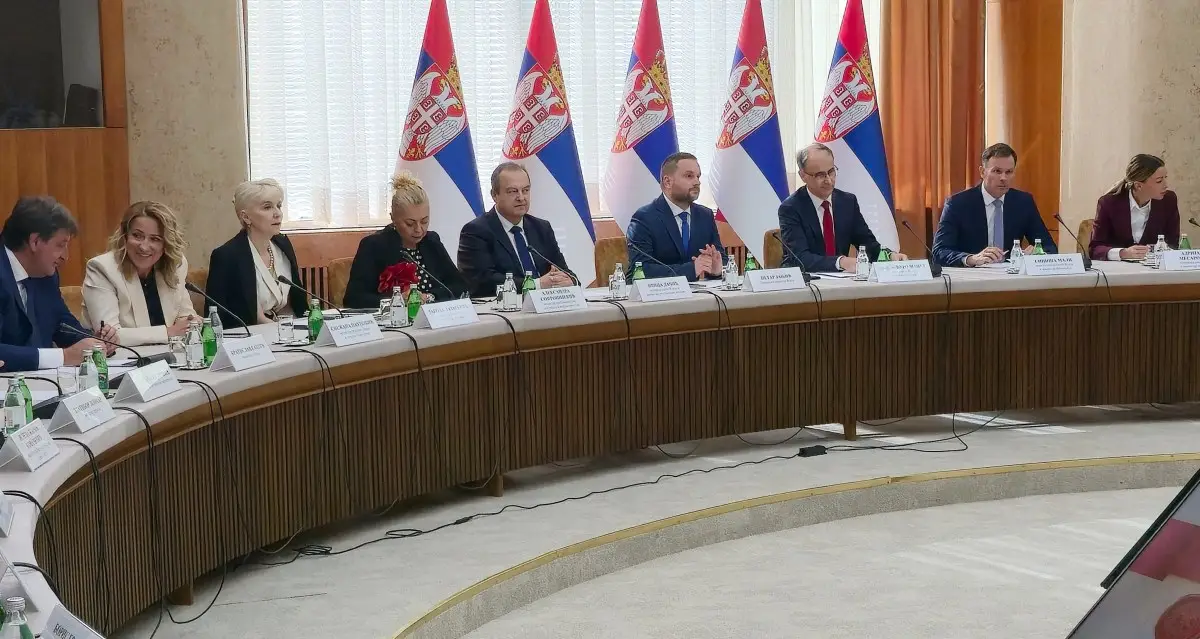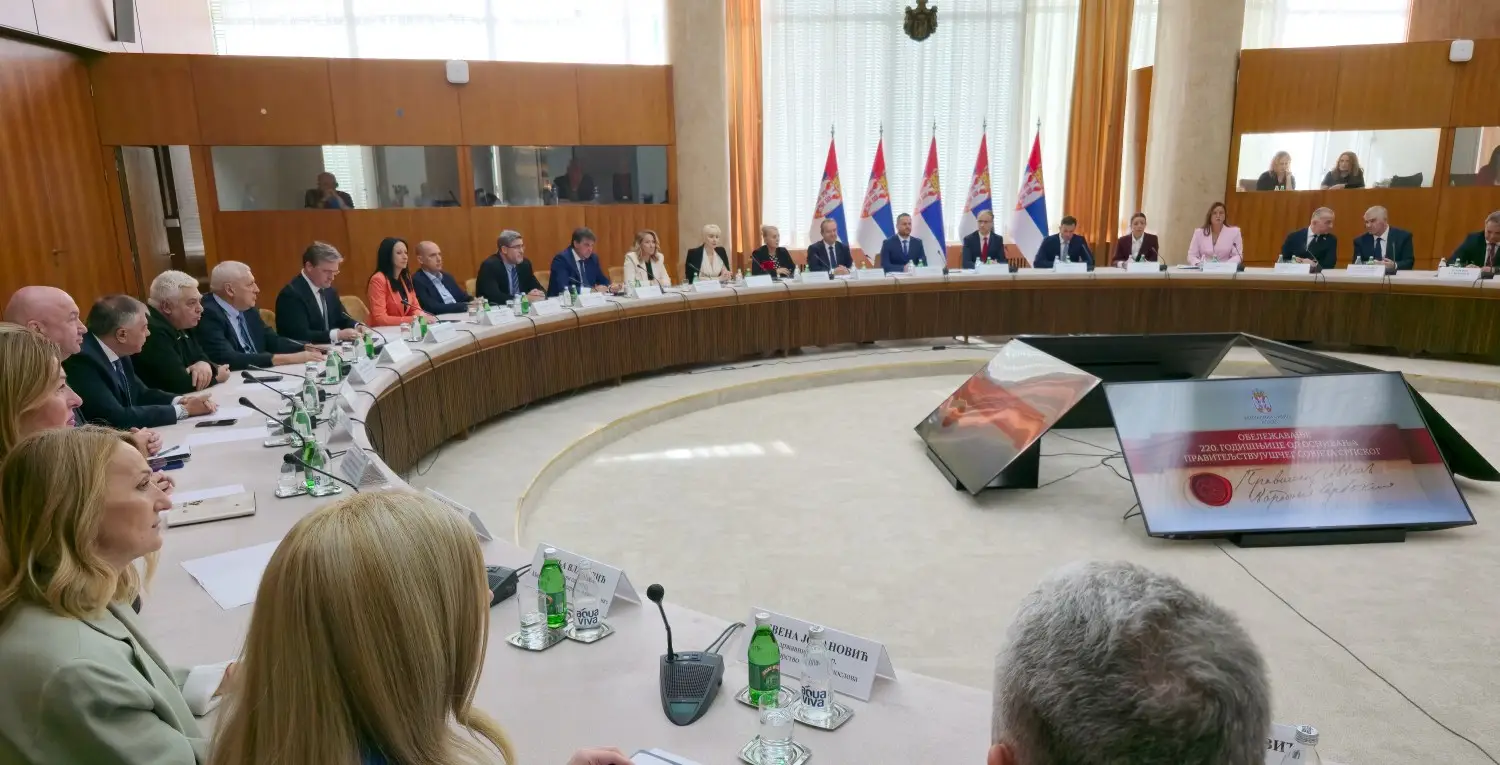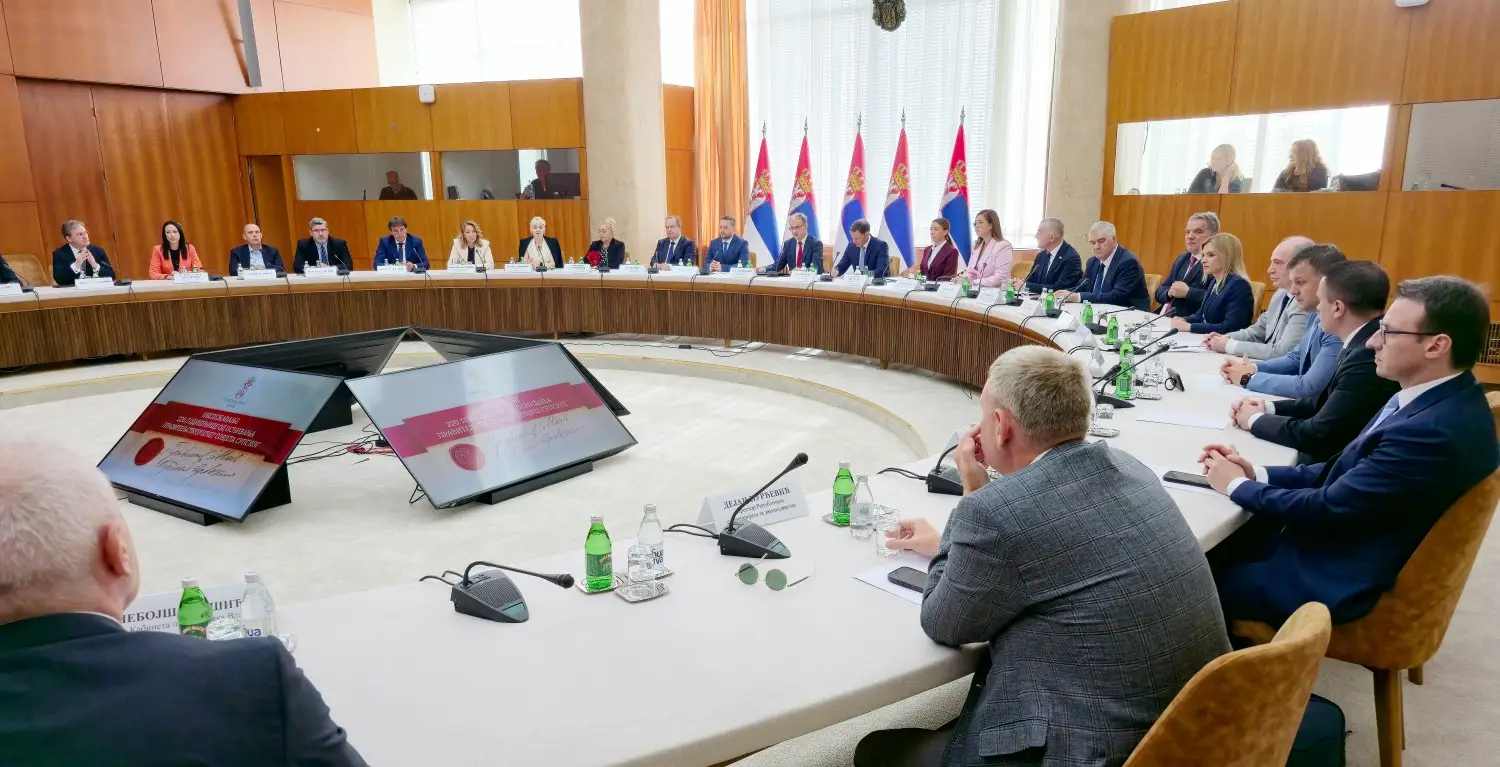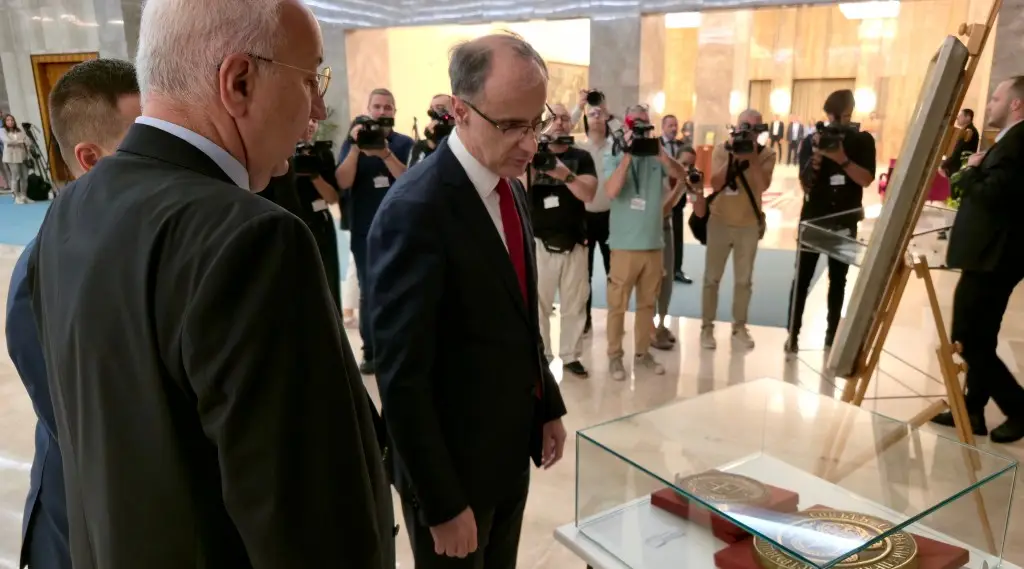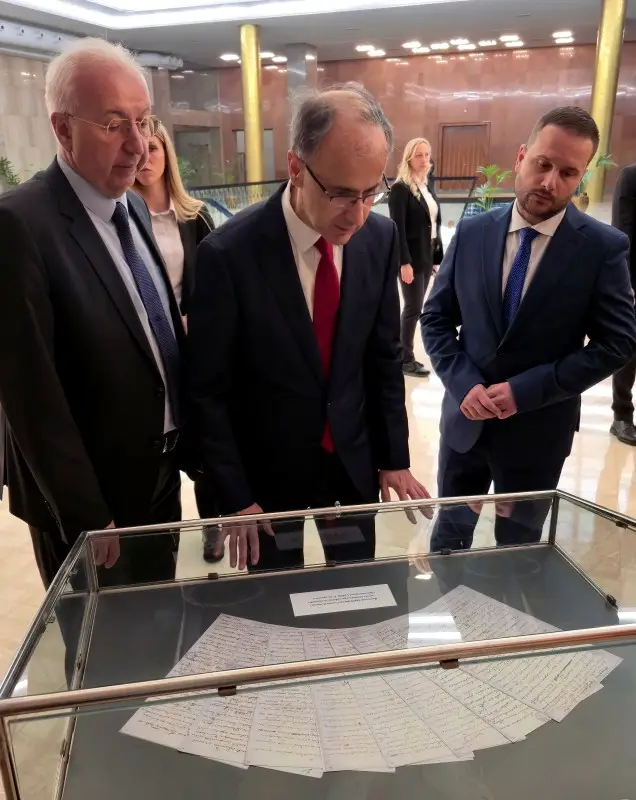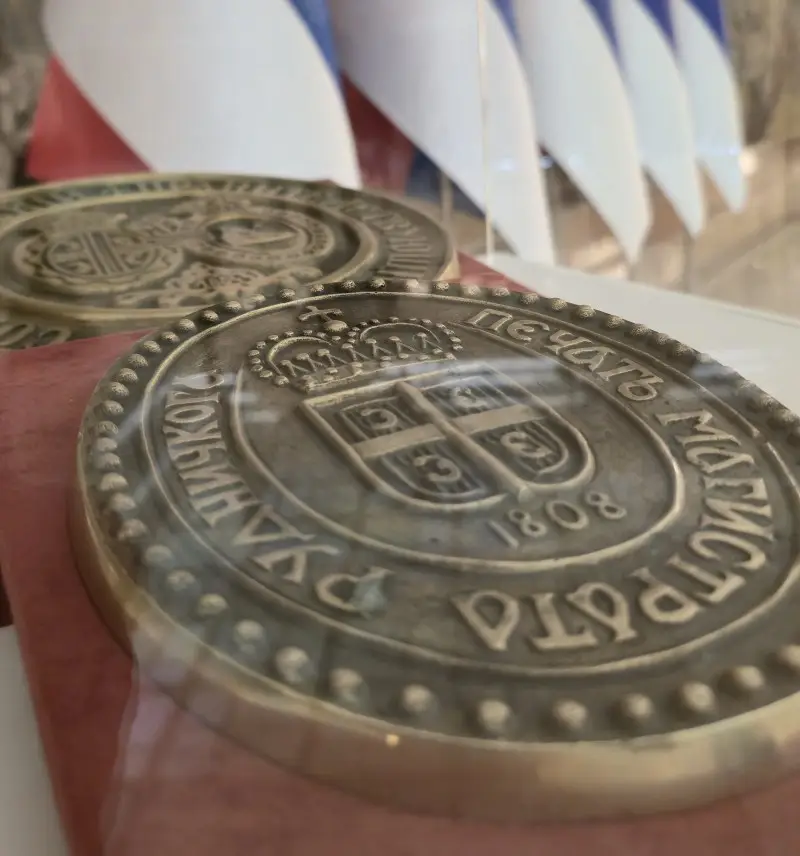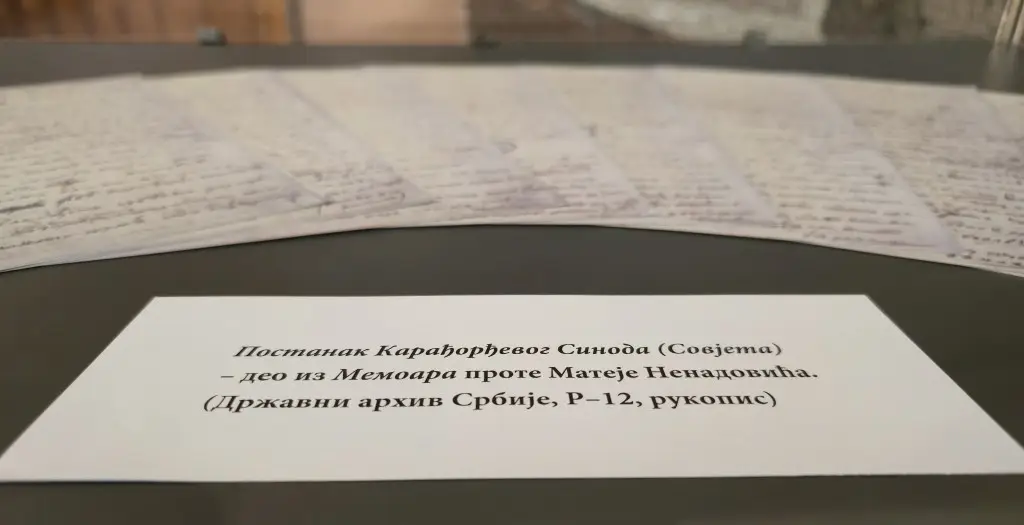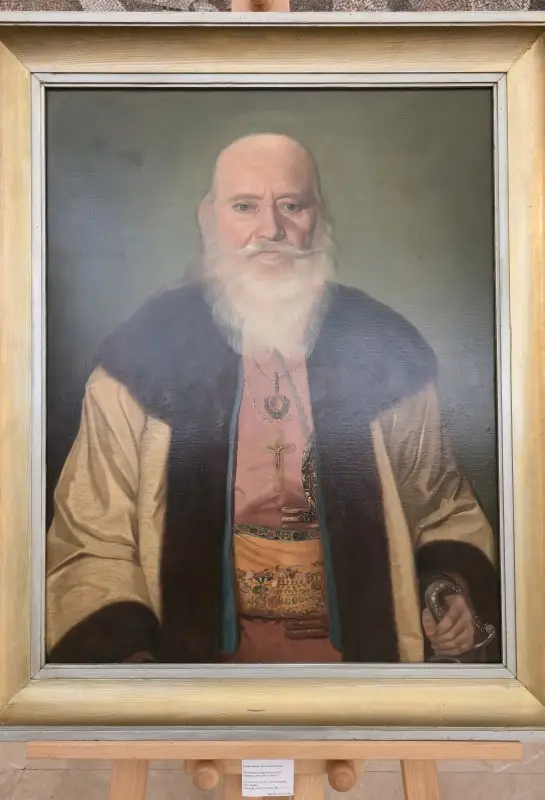Prime Minister Professor Đuro Macut, MD, DSc, stated today, on the occasion of anniversary of the founding of the Governing Council, that 220 years ago the Serbian people began building institutions which form the foundation of every state and society.
- Serbia
Get to know Serbia
- Citizens
Culture and science
Health services
Pension and disability insurance
- Business
Employment
Economy
- Media
- Government
- Contact
Keep in touch
Keepin touch
Whether you have a question, comment, suggestion or any problem in the purview of the government, send us your message and we will try to respond as soon as possible. If your problem is not in our purview, we will forward your message to the relevant institution.
People’s unity crucial for defence of Serbia’s statehood, independence, freedom
Speaking at a ceremonial session marking the 220th anniversary of the founding of the Governing Council, the first executive power body in the revolutionary Serbia and a predecessor of the contemporary Government of Serbia, Macut said that two centuries later, Serbia is facing new challenges and that it must exercise unity, assembly, dialogue and faith in the readiness to preserve independence.
The Prime Minister said that two centuries later, Serbia faces crises that are not only political, but also identity and values-based, recalling that our forefathers well understood that unity of the people and strength of the state were the only way to preserve hard-won independence.
Today that independence faces clear challenges in defending Kosovo and Metohija as an inseparable part of Serbia, in supporting Republika Srpska as a guarantor of the survival of our people in Bosnia and Herzegovina and in protecting our right to decide our own destiny, he said.
The Prime Minister underlined that Serbia has always known that it is the strongest when united, adding that this is precisely what its enemies will not allow, as they deliberately incite innocent people, and today some are doing so with the aim of collapsing Serbia, enslaving it and breaking it apart.
On behalf of the Government of Serbia, I pledge that we will continue along the path of our ancestors, that we will preserve independence and freedom, that we will build the future through dialogue and unity and that we will defend with dignity what has for centuries been most sacred – Serbia, its statehood and its people, the Prime Minister said.
He called on all responsible actors in society to help defend our statehood, independence and freedom and to be united and indivisible in this endeavour and mission.
The Prime Minister pointed out that today marks an important moment in modern national history and an important step in building our homeland – 220 years since the foundation of the first Serbian government.
Macut recalled that Archpriest Mateja Nenadović devised a plan for the establishment of a governing body, the Council, tasked with organising administration and governance, noting that Božidar Grujović, who introduced European ideas of legality into Serbia, played an important role in implementing this project.
The Prime Minister remarked that their work was not final and encountered numerous obstacles and resistance, but that the process paved the road on which Serbia walked all the way until its full liberation and international recognition in 1878.
The Prime Minister assessed that that is clear proof that all social factors and actors must function in the direction of building and strengthening the state, not undermining and destabilising it.
-
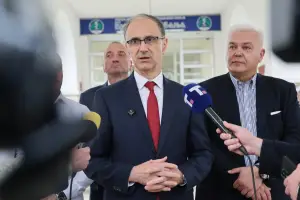 Aranđelovac, 3 March 2026
Aranđelovac, 3 March 2026Investments in healthcare, road infrastructure for development of Aranđelovac
-
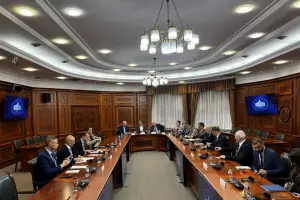 Belgrade, 3 March 2026
Belgrade, 3 March 2026Preserving competitiveness of domestic transport operators through cooperation with EU
-
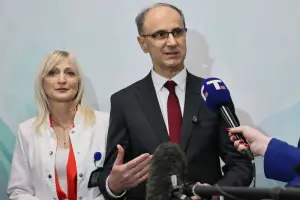 Belgrade, 2 March 2026
Belgrade, 2 March 2026Introduction of e-Sick Leave system to raise level of healthcare services
-
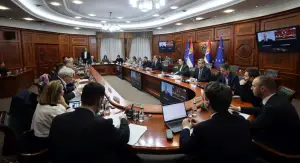 Belgrade, 27 February 2026
Belgrade, 27 February 2026Responsible state economic policy for continued GDP growth
-
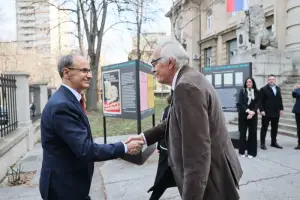 Belgrade, 27 February 2026
Belgrade, 27 February 2026State Archives of Serbia of great importance for preservation of cultural, historical heritage
-
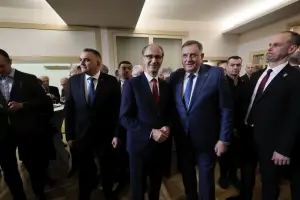 Belgrade, 27 February 2026
Belgrade, 27 February 2026Prime Minister attends marking Day of Republika Srpska in Belgrade
-
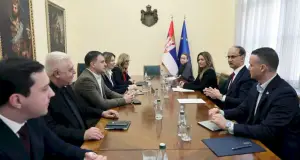 Belgrade, 27 February 2026
Belgrade, 27 February 2026Coordinated work of institutions to strengthen digital economy
-
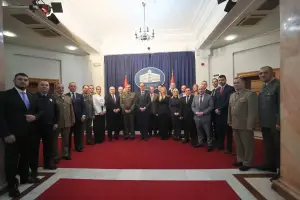 Belgrade, 26 February 2026
Belgrade, 26 February 2026Great importance of continuous professional education in field of defence
-
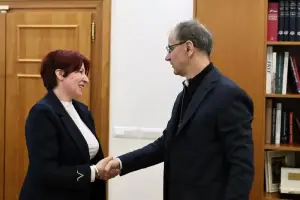 Belgrade, 24 February 2026
Belgrade, 24 February 2026Normalisation of operations, strengthening of State University in Novi Pazar
-
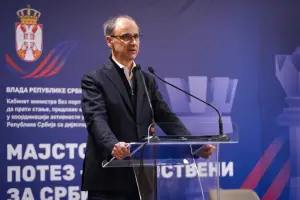 Belgrade, 21 February 2026
Belgrade, 21 February 2026Prime Minister opens Master Move – United for Serbia event

